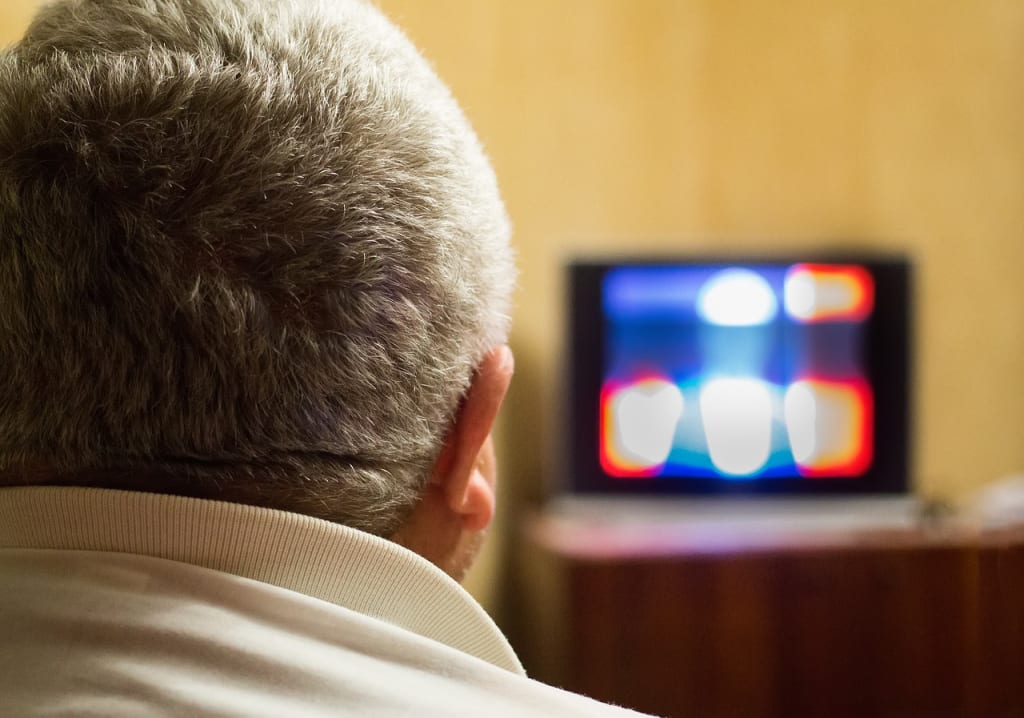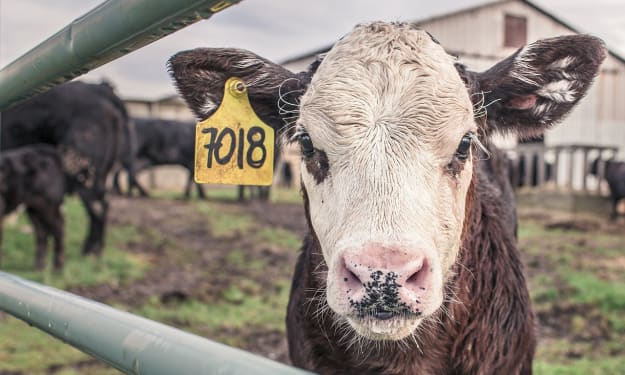"The Dark Side of Reality TV: Shocking Secrets Revealed"
Unmasking the Hidden Truths Behind Reality Television's Glittering Façade

Reality TV has become a global phenomenon, offering audiences a voyeuristic glimpse into the lives of ordinary people and celebrities alike. With its seemingly unscripted drama, emotional conflicts, and compelling narratives, reality shows have captured the hearts and attention of viewers around the world. However, behind the glitz and glamour lies a dark side of reality TV that many viewers may not be aware of. In this article, we uncover some of the shocking secrets and ethical dilemmas associated with reality television, shedding light on the price of fame and the impact on participants' lives.
The Manipulative Hand of Producers:
While reality TV presents itself as raw and unfiltered, the truth is that producers often have a significant influence on the narrative. Scenes are carefully edited to create conflicts and drama, with participants being guided to act in certain ways. Emotional breakdowns, confrontations, and shocking twists are often engineered to boost ratings, disregarding the genuine emotions and well-being of the contestants.
Example: In "The Bachelor" franchise, contestants have revealed that producers manipulate scenarios to provoke jealousy and rivalry among the participants, leading to heightened drama and emotional tension.
Psychological Toll on Contestants:
Reality TV participants face immense pressure to perform, leading to high-stress environments that can have lasting psychological effects. Isolation, sleep deprivation, and constant surveillance can take a toll on contestants' mental health. Additionally, the public scrutiny and social media backlash that follows their appearance on the show can lead to anxiety, depression, and even post-traumatic stress disorder (PTSD) for some.
Example: Several contestants from "Survivor" have spoken out about the emotional trauma they experienced during the show and the challenges of readjusting to normal life after the intense competition.
Exploitative Contracts and Lack of Privacy:
Contestants often sign exploitative contracts, granting producers extensive rights over their image, personal information, and even their privacy. This lack of control over their own narrative can lead to instances of humiliation and embarrassment, as personal moments are broadcast for entertainment without consent.
Example: In "Jersey Shore," cast members found their lives exposed to the public in ways they did not anticipate, leading to reputational damage and strain on personal relationships.
Racial and Ethnic Stereotyping:
Reality TV has been criticized for perpetuating racial and ethnic stereotypes, often pigeonholing contestants into predetermined roles based on their background or appearance. This reinforces harmful biases and can have lasting consequences for the individuals involved and the broader communities they represent.
Example: Shows like "The Real Housewives" franchise have faced accusations of reinforcing stereotypes, contributing to harmful representations of different cultures and communities.
The Illusion of "Reality":
Despite the genre's name, reality TV is far from reality. The carefully crafted narratives, staged scenarios, and selective editing often distort the truth and mislead audiences. This illusion of reality can lead to misconceptions and unrealistic expectations about real-life situations and relationships.
Example: In "The Hills," a popular reality show, it was later revealed that many scenes were scripted and rehearsed, challenging the authenticity of the entire series.
The dark side of reality TV exposes the harsh reality behind the glitzy facade of the genre. As audiences continue to be captivated by the drama and intrigue, it's essential to recognize the ethical dilemmas and negative consequences faced by those involved. Reality TV can offer entertainment, but we must remember that real lives and emotions are at stake. Producers, networks, and viewers must be mindful of the impact on participants' mental health, privacy, and overall well-being. As we continue to tune in, let's remain vigilant and demand responsible and ethical practices from the reality TV industry to ensure that the pursuit of entertainment does not come at the cost of human dignity and well-being.





Comments
There are no comments for this story
Be the first to respond and start the conversation.